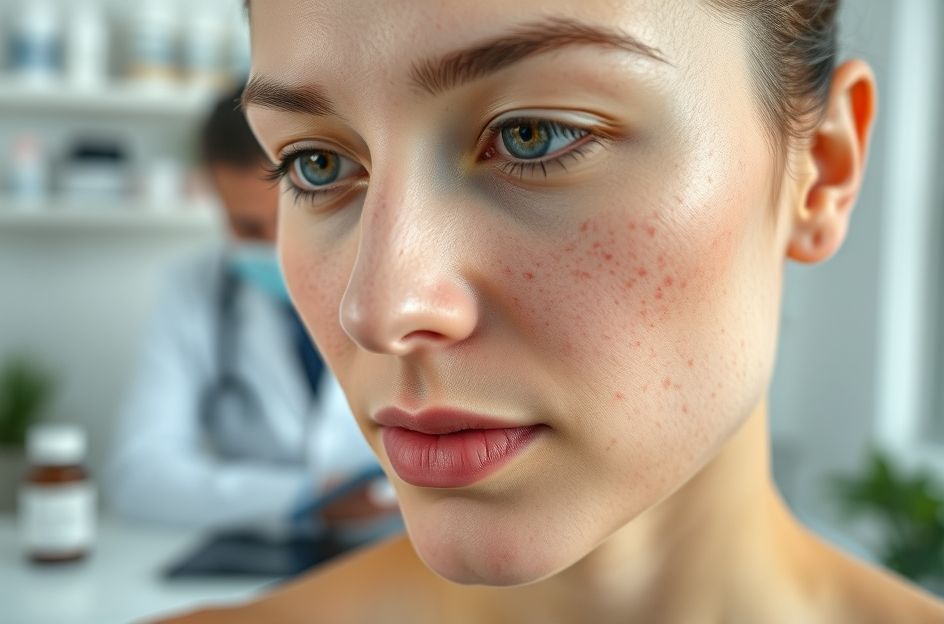While mild acne may respond to lifestyle adjustments like diet changes, exercise, and proper skincare, moderate to severe cases often require medication. Various acne medications exist, typically available as topical gels, creams, or lotions. A doctor will assess skin type, acne severity, and potential reactions before prescribing the most suitable option, explaining usage frequency and application methods.
Reactions to strong acne medication are common. Some reactions are temporary, while others necessitate prescription changes. Skin worsening is a frequent initial reaction; many doctors advise that improvement may take 6-8 weeks of consistent use. Other side effects can include redness, burning, stinging, peeling, soreness, scaling, or skin discoloration. If these side effects intensify or persist beyond the doctor-specified timeframe, medication adjustment may be necessary.
Oral acne medications can cause different side effects, such as upset stomach, dizziness, and skin discoloration. Certain medications pose risks to pregnant women or young children, so it’s vital to inform the doctor of any relevant conditions before starting a prescription.
Like all medications, acne treatments carry both risks and benefits. Discuss these thoroughly with a doctor, inquiring about potential side effects and disclosing your medical history and current medications. Drug interactions can be hazardous, making complete transparency crucial. Patients should fully understand how acne medication works before use.
This information is for educational purposes only and does not substitute professional medical advice. Consult a doctor or dermatologist for personalized guidance on acne medication and treatment.
